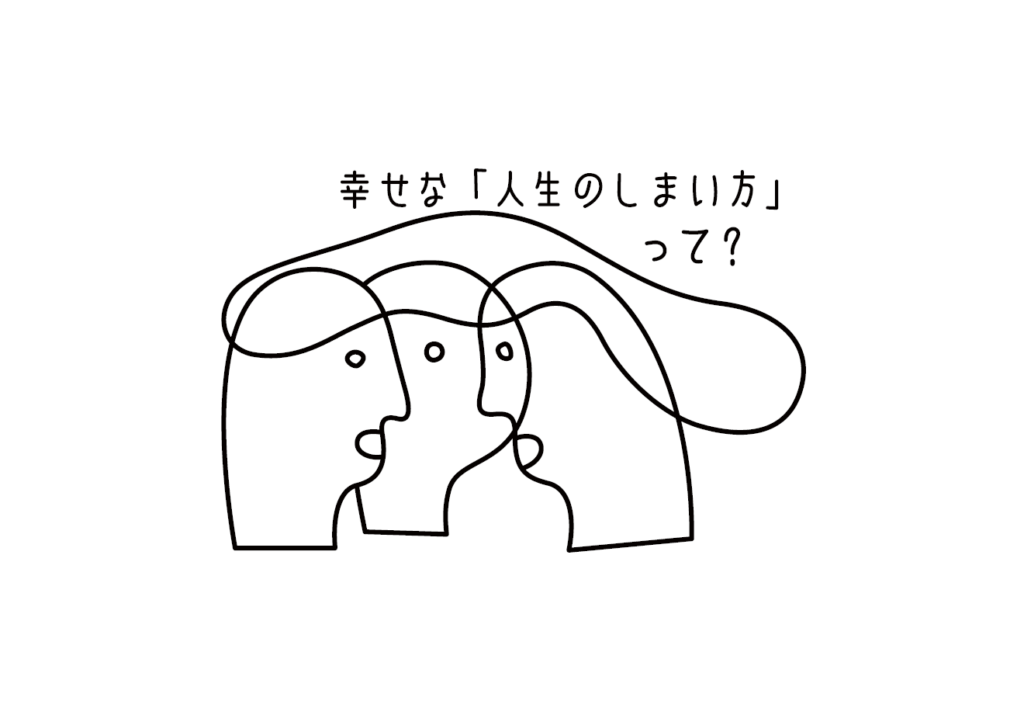
Dignified End of Life for All:
Building a sustainable support system for life planning in old age
Project Content
Social issues to be addressed
In recent years, older people are faced with more and more decisions to make regarding the fate of their lives. At the same time, there are fewer family members to help them make these decisions.
As we grow older, many new events can occur that we have never experienced before. For example, our physical health may deteriorate, or changes in our lives may occur, such as hospitalization or admission to an assisted living facility. Significant decisions must be made, including concerning end-of-life medical care, burial and funeral arrangements, and what happens to one’s estate after death.
Problem-solving in end of life

In Japanese society up until now, it was common for young family members to support the elderly. Families would help with daily life (medical care, nursing care, finances, housing, etc.) during the elderly person’s lifetime, and after their death, they would be responsible for the arrangement of cremation, burial, and inheritance. However, today, as the aging of the population progresses, the number of "small households" such as single-person households is increasing. For a variety of reasons, there are an increasing number of cases where family members are unable to support elderly relatives through the end-of-life process.
In modern Japanese society, there is a lot of emphasis on self-determination, that is, making one's own decisions about one's affairs. However, making decisions on one’s own for all matters related to one’s own death is a heavy burden, and will be undesirable or unrealistic for many. At the same time, it is not always easy to find someone you can completely trust to make decisions for you. As connections between people and in communities become weaker, we as a society must rise to the challenge of supporting decision-making as best we can. How can we maintain a person's dignity and help them realize the person they want to be at each stage of their life's closing?
Approach
How and to what extent should we support decisions concerning matters related to death and dying? What should those around a person do when such decisions are extremely difficult? How can dignity be maintained? Death is a topic that tends to be considered socially taboo, and discussion of such questions is still insufficient. In order to discuss this, we need to verbalize our values and what we want at the end of our lives.
This project will use interdisciplinary research to grasp the full scope of the problem and will raise awareness of the issue within society. Through dialogue with citizens, we will collect a range of perspectives concerning the values and expectations that people have regarding dignity during life and after death. We will combine the results of these discussions with investigation into state of the art research on end-of-life care, and consultations with experts in related fields.
What we will do in this project
- Organizing knowledge from previous domestic and international studies (literature survey, field survey)
- Dialogue with society and academia (holding dialogues with citizens and experts)
- Disseminating information to society and raising awareness (symposiums, media coverage, etc.)
Project Representative
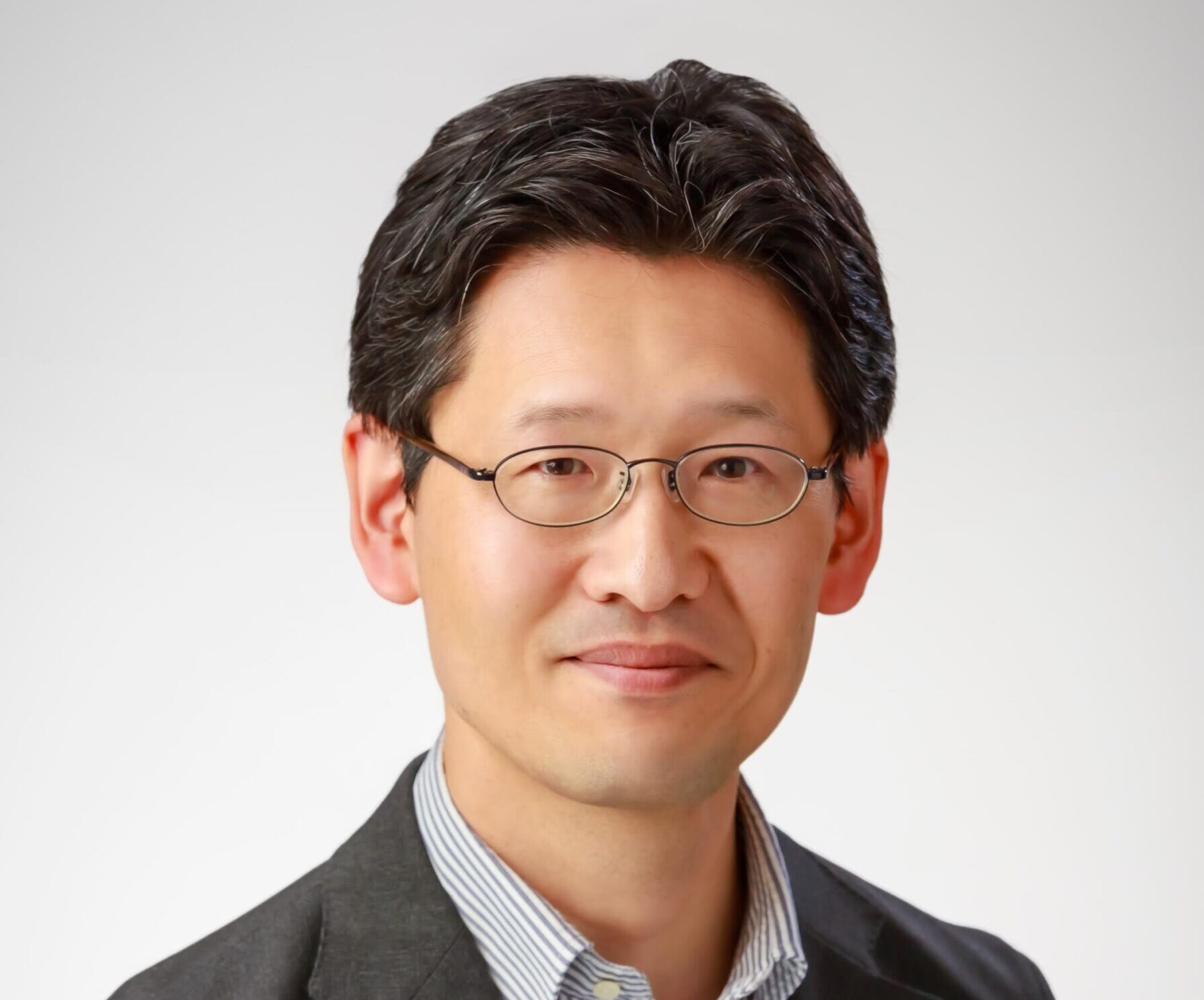

Japan Research Institute, Ltd.
Center for Emergent Strategies
Senior Specialist
Kanae Sawamura (Kanae Sawamura)
Learn moreProject Members
-
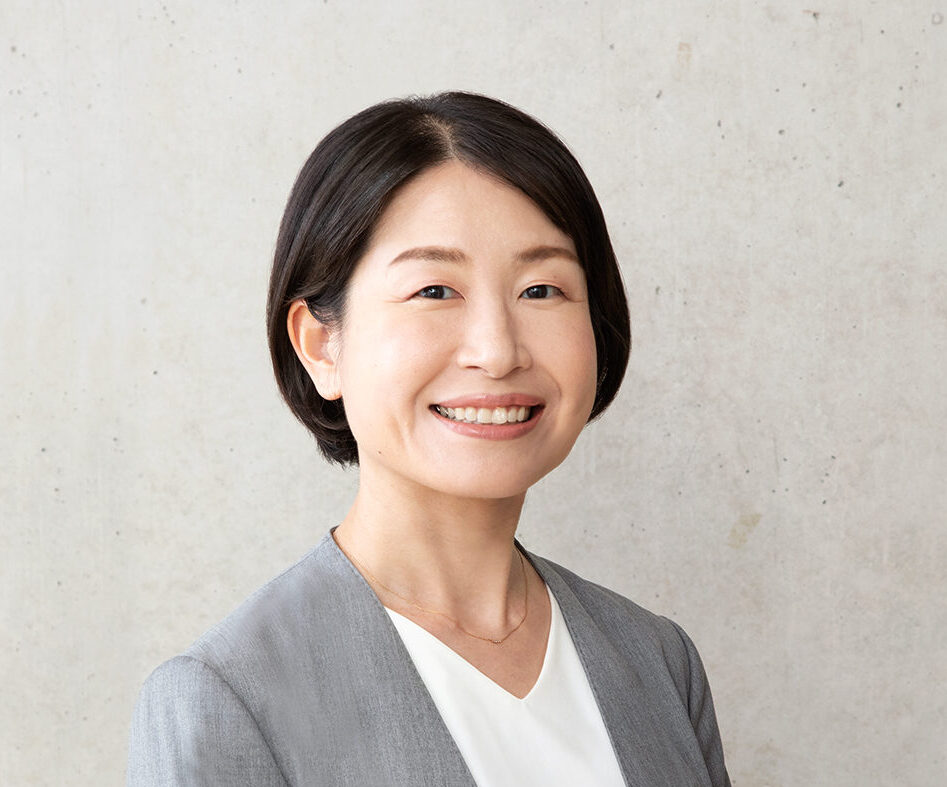
Japan Research Institute, Ltd.
Center for Emergent Strategies
Incubation ProducerSonoko Yasuhira (Yasuhira Sonoko)
Learn more -
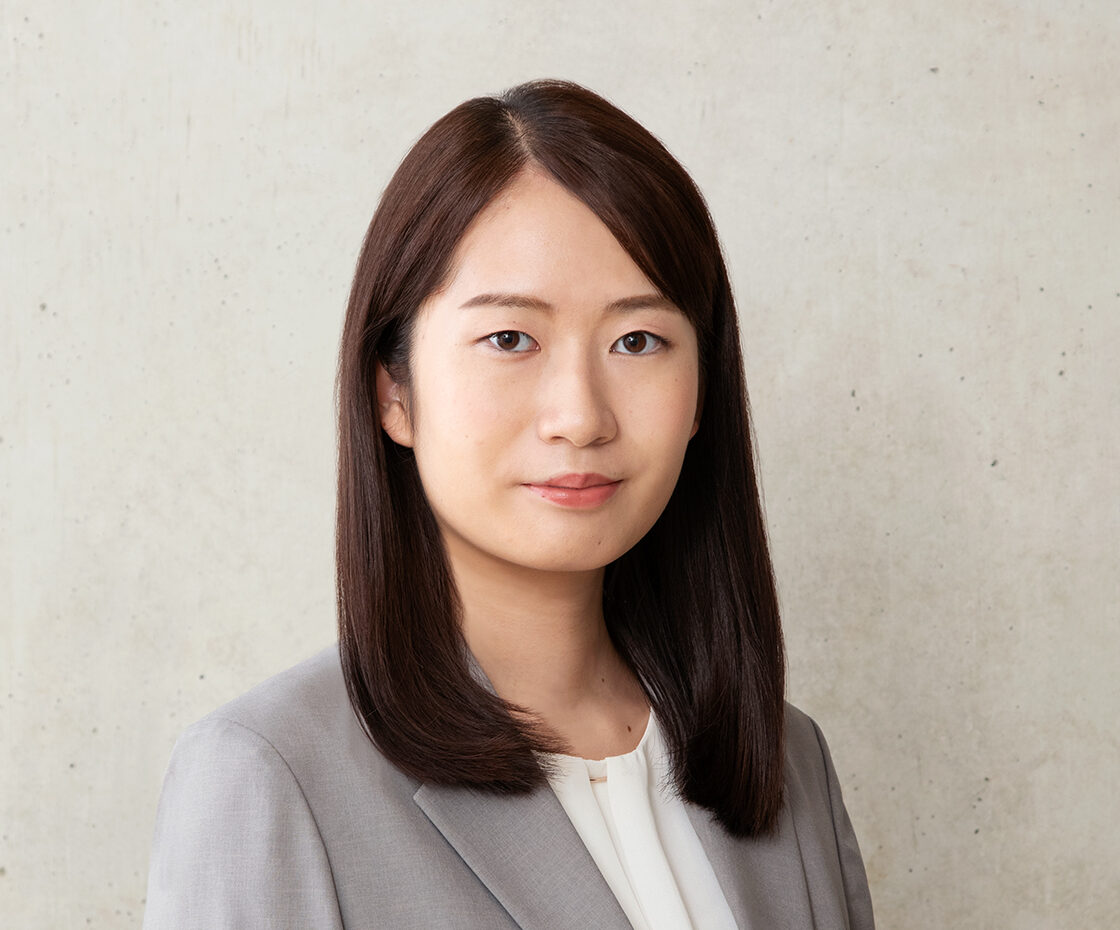
Japan Research Institute, Ltd.
Center for Emergent Strategies
Ryusekido Future (Ryusekido Miku)
-
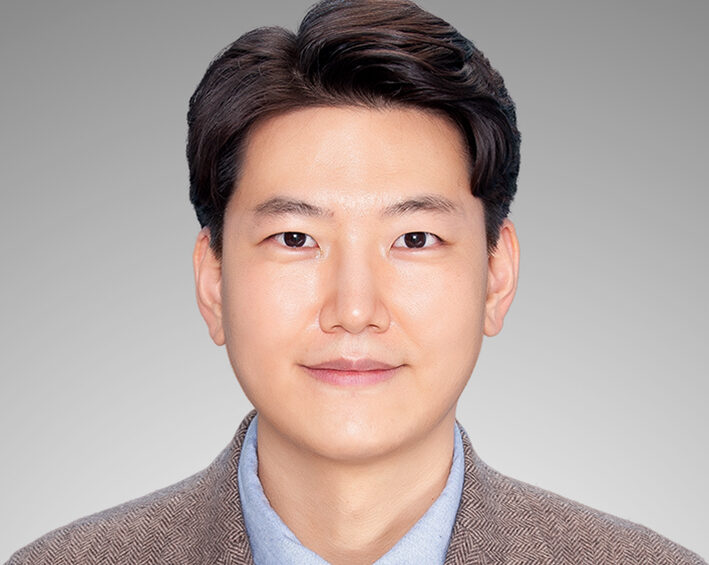
Graduate School of Letters, Kyoto University
Specified researcher
Seungmin Nam (Nam Seungmin)
Learn more -
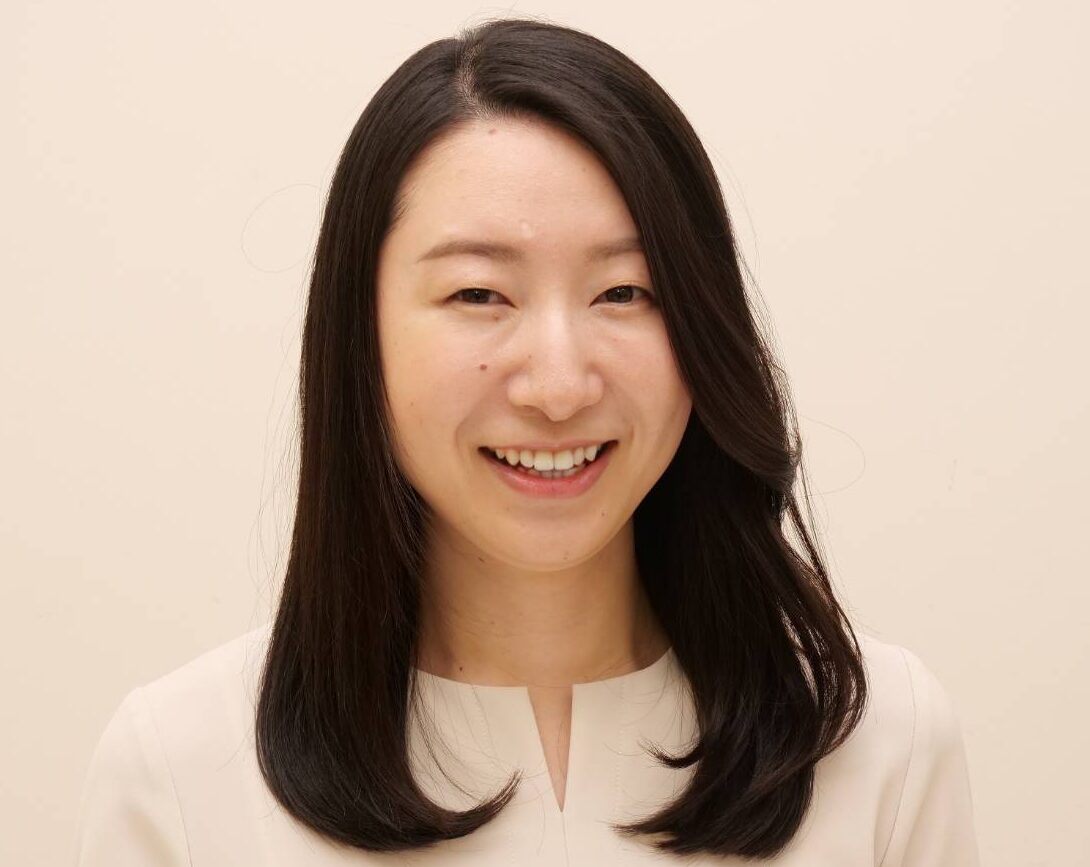
Graduate School of Letters, Kyoto University
Specified researcher
Koto Ogino (About Ogino)
Learn more -
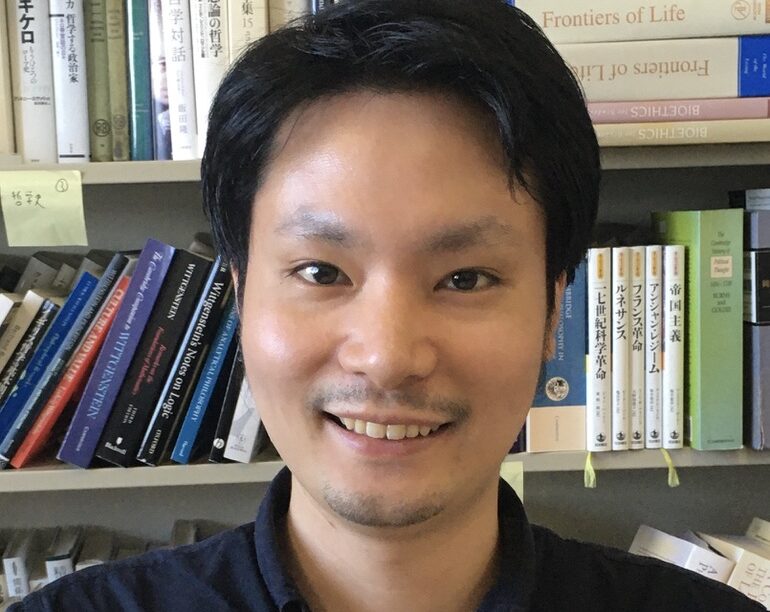
Graduate School of Letters, Kyoto University
Part-time Research Fellow
Position: Takafumi (Tateba Takafumi)
Learn more -
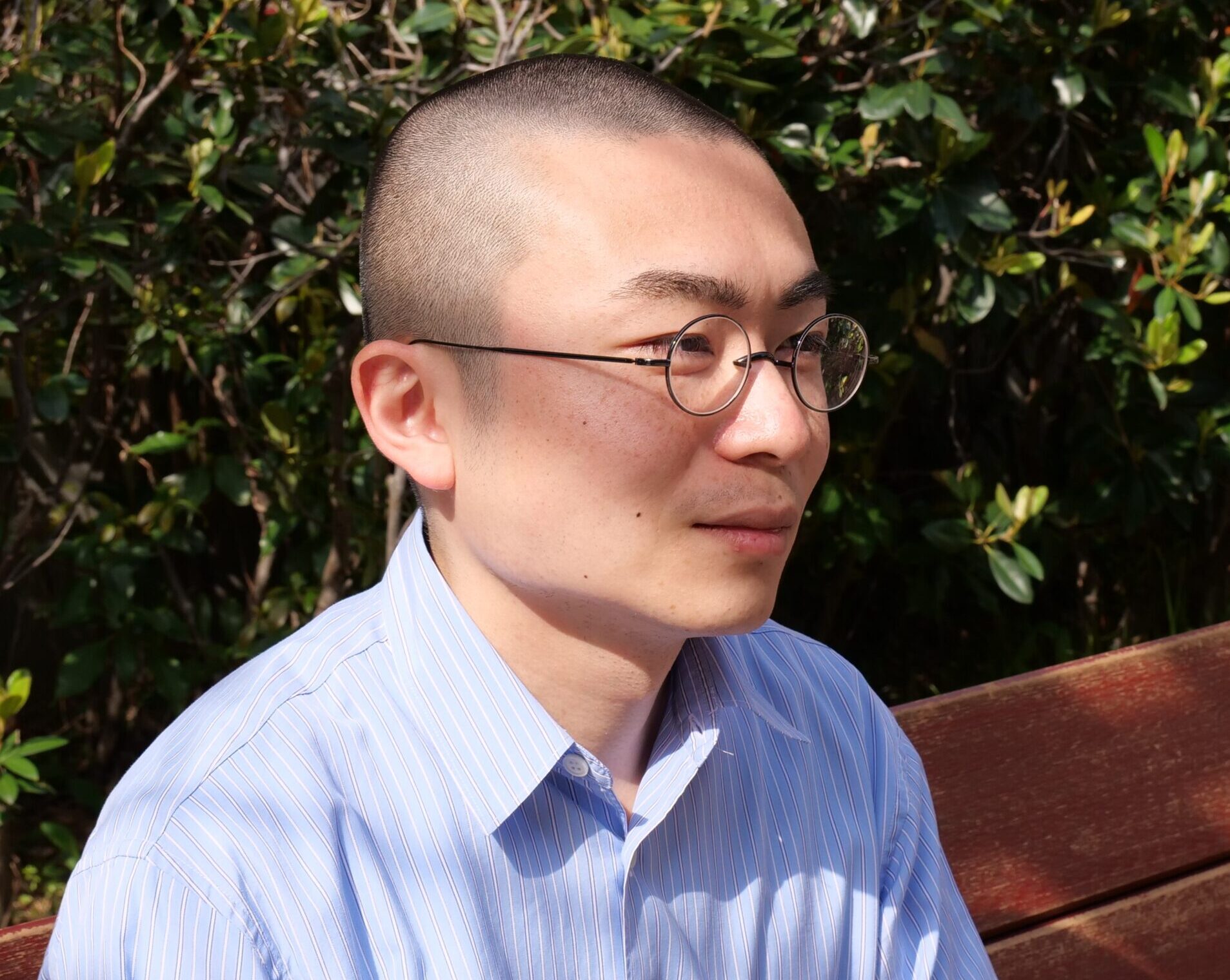
Graduate School of Letters, Kyoto University
Part-time Research FellowHidehito Suzuki (Hidehito Suzuki)
Learn more
Latest Articles
-

How do you want your final moments to be? The Happy Ending Project exhibited at Kyoto University's Open Research Project
How to end your life -

What is the happy way to end your life? ④ A conversation between a researcher and a copywriter about "Tatsutori" and "Notonare"
How to end your life -

[Event Report] Is it okay to postpone retirement? End-of-life planning dialogue for people in their teens to sixties through "Tatsutori" and "Notonare"
How to end your life
We investigate how best to support decision-making processes which maintain the dignity of each individual and help them realize the person they want to be at the final stage of their life.